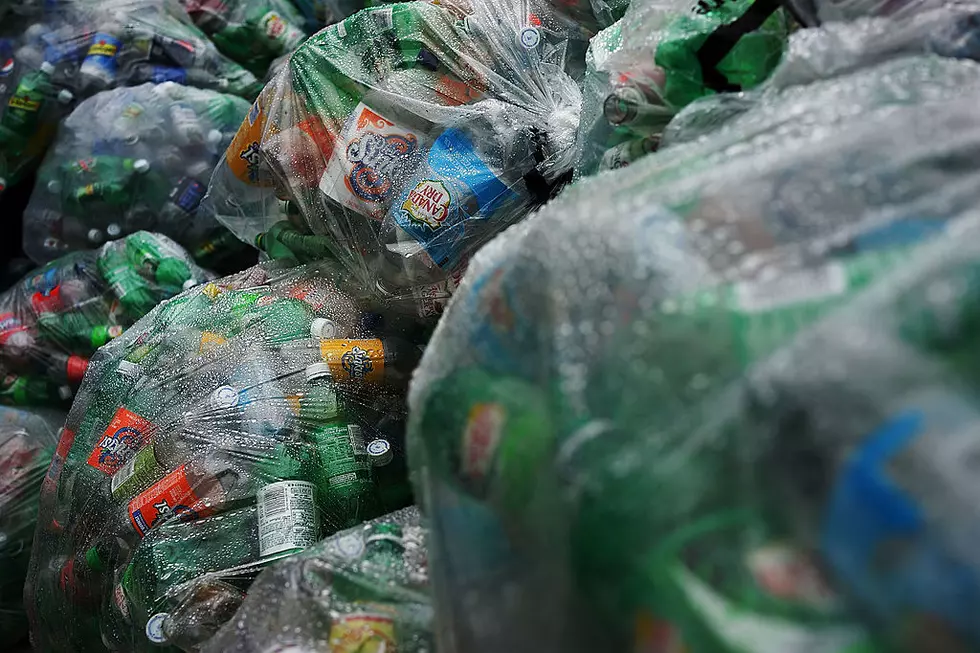
The Cost Difference in Michigan’s 10 Cent Deposit Fee in 1975 vs 2024 is Astounding
It's second nature for those purchasing pop and beer in Michigan to tack in a 10 cent deposit to the purchase. A system that Michigan revolutionized in the 1970s has been copied by many states.
Michigan's 10 cent fee was for years a national leader. Many states who replicated the law went with a 5 cent deposit. Today only Oregon and California also tack on a 10 cent deposit.
Michigan's dime-a-bottle fee famously made an episode of Seinfeld when Kramer and Newman devised a scheme to return bottles to Michigan for the larger fee.
The question came up recently on Reddit with a commenter wondering if anyone had ever been convicted of the crime of cashing in on Michigan's 10 cent deposit from bottles purchased out-of-state. For those who live nearest to the state lines of Ohio, Wisconsin and Indiana where there are no deposits, the concept certainly is tempting.
Michigan's 10 Cent Deposit - Adjusted for Inflation 1975 vs 2024
What is fascinating is the Redditor who did the math on the cost of the 10 cent deposit when it was enacted in the mid-1970s to the mid 2020s, some 50 years on.
10 cents then is worth about 58 cents today. So consider these numbers:
- 10 cents on a single bottle can would have felt like an extra 58 cents in 1975.
- On a 6 pack, the extra 60 cents would have felt like $3.48.
- A 12 pack and the $1.20 tack-on today would equal $6.96 in 1975 dollars.
- Finally, a 24 pack's $2.40 would have felt like laying out an extra $13.92.
With hefty deposits like that, it's no surprise you'd return your bottles no matter the hassle.
READ MORE: 'No Eating in Cars' may be Michigan's Most Overlooked Law
Some would argue and the facts back it up, that the 10 cents just don't mean as much as it used to and some would forego the dime rather than deal with the return.
A decade ago, in 2013, according to the Container Recycling Institute's Bottle Bill advocacy website, 95 percent of all bottles and cans were returned and redeemed in Michigan. By the end of the decade in 2019, only 88% of them were returned. In 2022, the last year for which data is available, only 75% of bottles were returned.
It seems counterintuitive that despite a pandemic and economic downturns, more people are willing to not go through the trouble to get their 10 cents back.
Due to that waning appetite for bottle redemption, some have proposed jacking the state's deposit to a full quarter per bottle, a move that may reverse the return rate decline but would almost certainly lead to more out-of-state scofflaws.
The Biggest Frustration with Michigan's 10 Cent Deposit Law
Many who try to be diligent and faithfully return point to a key frustration in Michigan's bottle redemption - stores that refuse to take (at least via the automated machines) brands not sold at that store.

Take, for example, the opposite approach one would find in a state like New York where bottle redemption centers exist throughout the state and take all returnable bottles and cans no matter where in New York State they were purchased.
While we don't recommend their use to head out of state for beverage purchases, there are several often-overlooked Michigan highways that exist only to leave the state:
These Short, Overlooked MIchigan Highways Exist Only to Leave the State
Gallery Credit: Google Maps Street View

